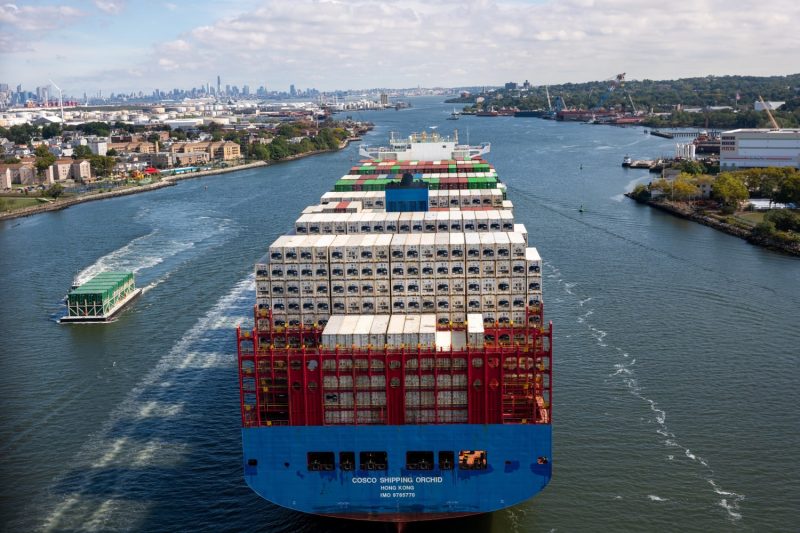The recent shut down of East and Gulf Coast ports due to thousands of workers going on strike has caused significant disruptions to trade and supply chains across the United States. The strike, initiated by labor unions representing port workers, has highlighted the critical role that these workers play in the functioning of the country’s economy.
One of the key issues that prompted the strike is the demand for better working conditions and higher wages. Port workers often work long hours in demanding and sometimes dangerous environments, yet their compensation may not always reflect the vital nature of their work. This discrepancy has led to growing discontent among workers, ultimately culminating in the decision to strike.
The shutdown of these ports has had far-reaching implications on various industries that rely on the timely and efficient transport of goods. Manufacturers, retailers, and consumers alike have been affected by delays in shipments and increased transportation costs. The strike serves as a stark reminder of the interconnected nature of the global economy and the ripple effects that disruptions at key hubs such as ports can have.
In response to the strike, discussions have been ongoing between labor unions, port management, and government officials to find a resolution that is agreeable to all parties involved. Negotiations have focused on addressing the workers’ concerns while also ensuring the continued operations of the ports to minimize economic damage.
The shutdown of the East and Gulf Coast ports underscores the importance of maintaining a balance between the interests of labor and management in order to sustain a healthy and productive workforce. While strikes can be disruptive, they can also serve as a catalyst for necessary changes that improve the working conditions and livelihoods of workers.
Moving forward, it is imperative for all stakeholders to engage in constructive dialogue and seek solutions that benefit both the workers and the overall economy. By addressing the root causes of labor disputes and working collaboratively towards common goals, it is possible to create a more stable and prosperous environment for all parties involved in the operation of ports and the broader supply chain.
